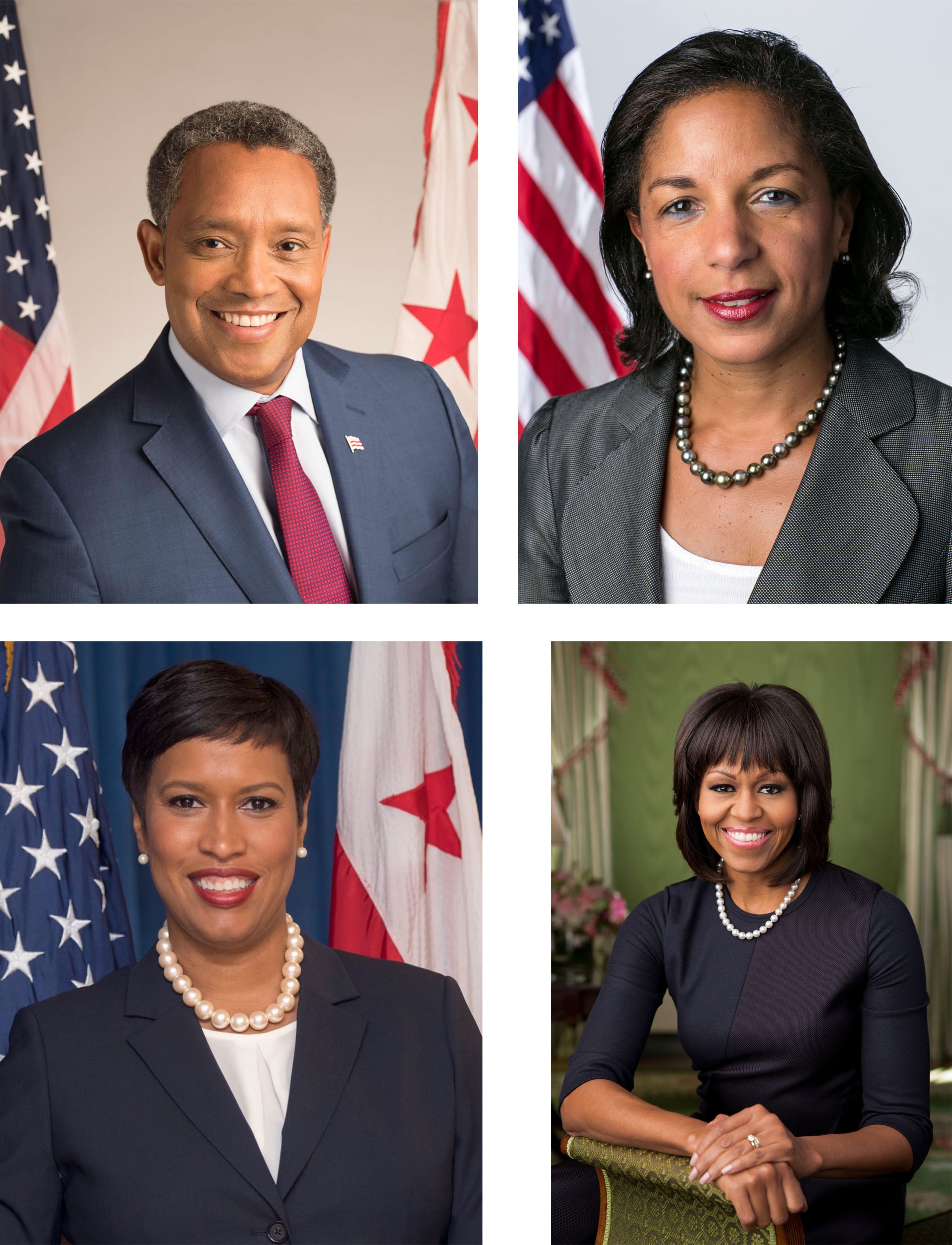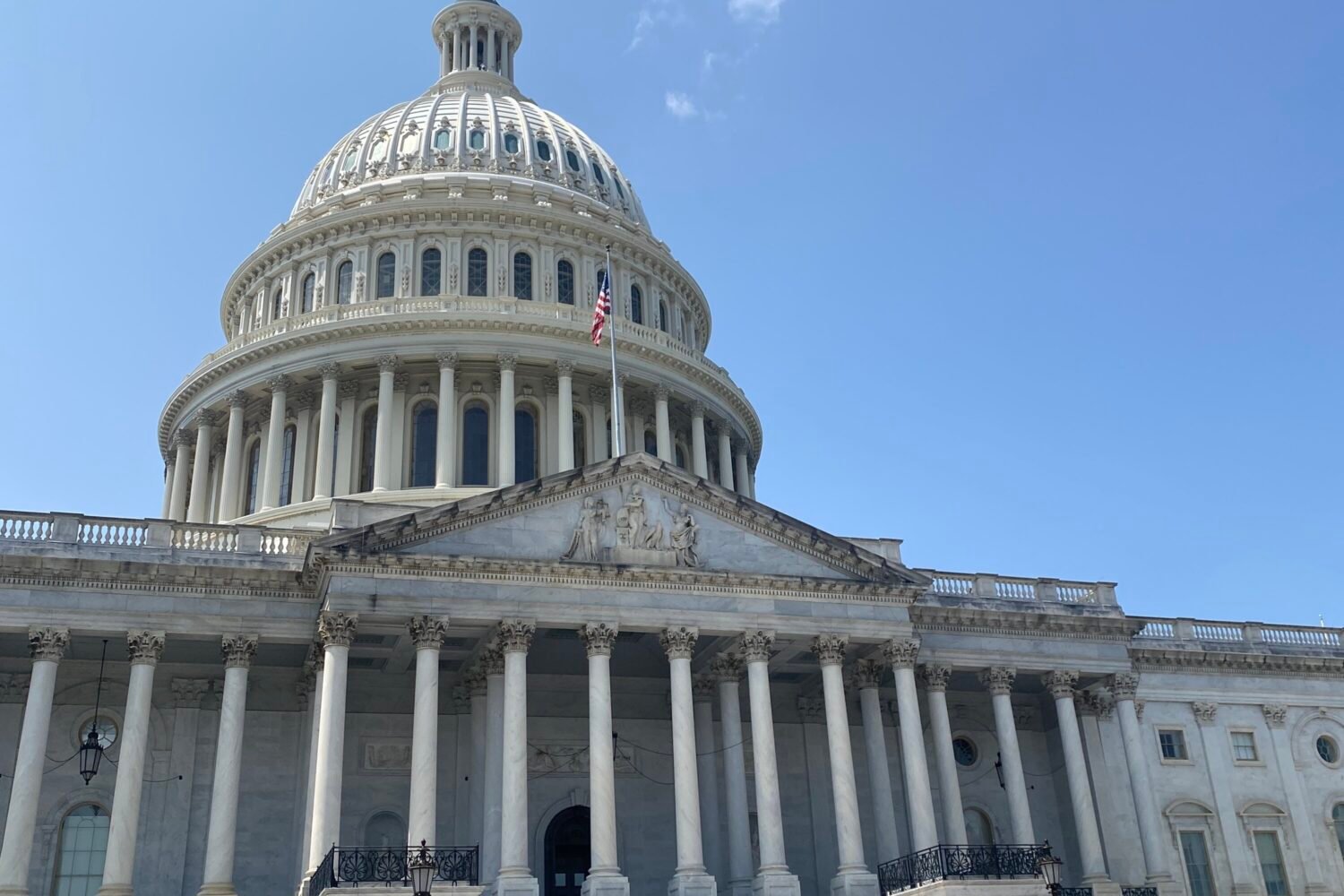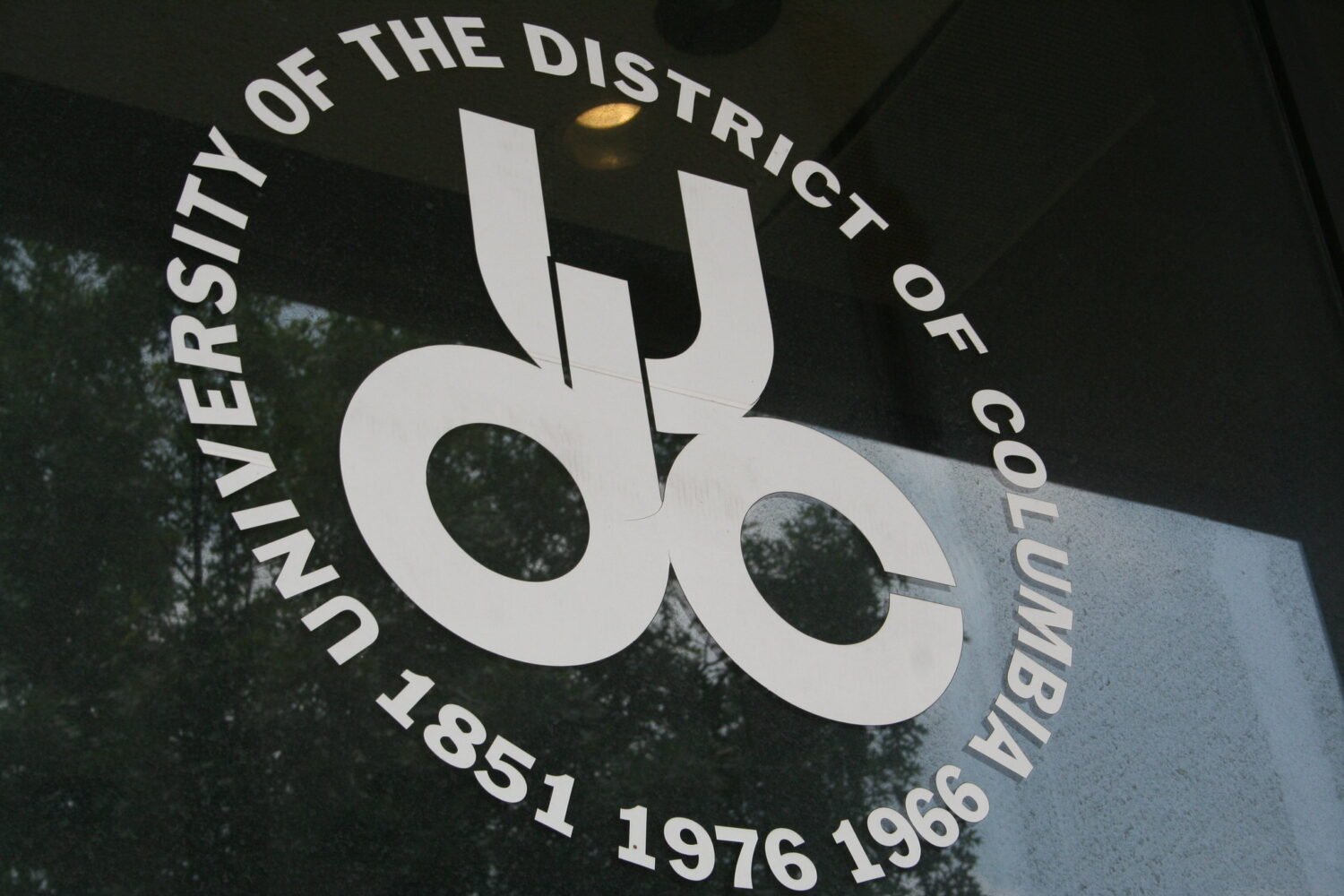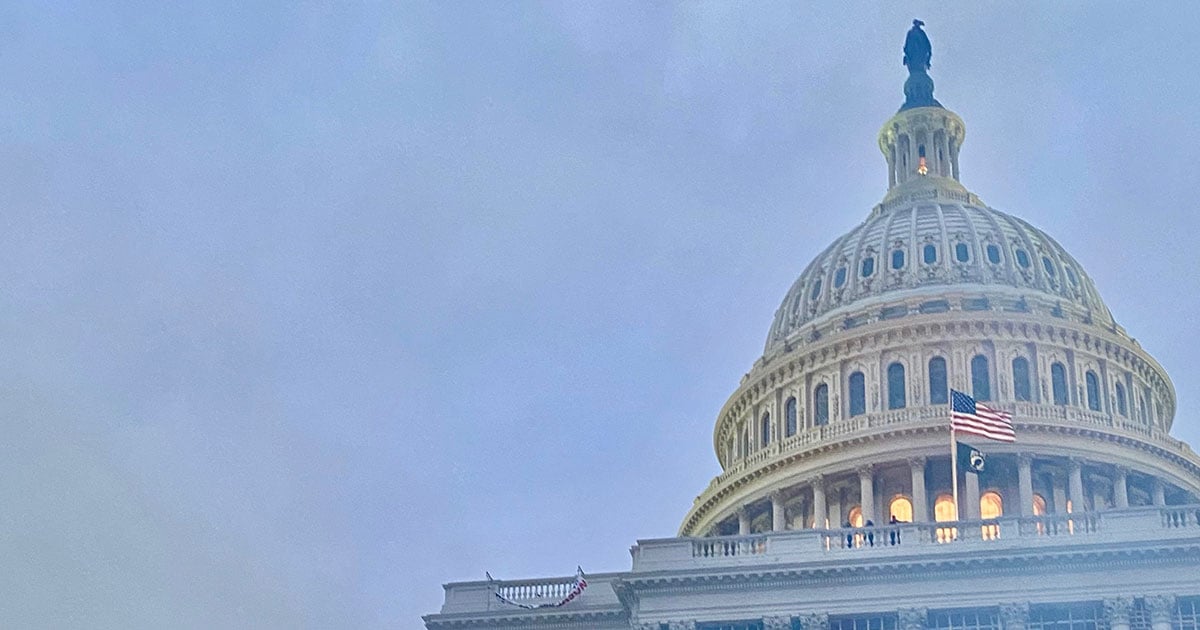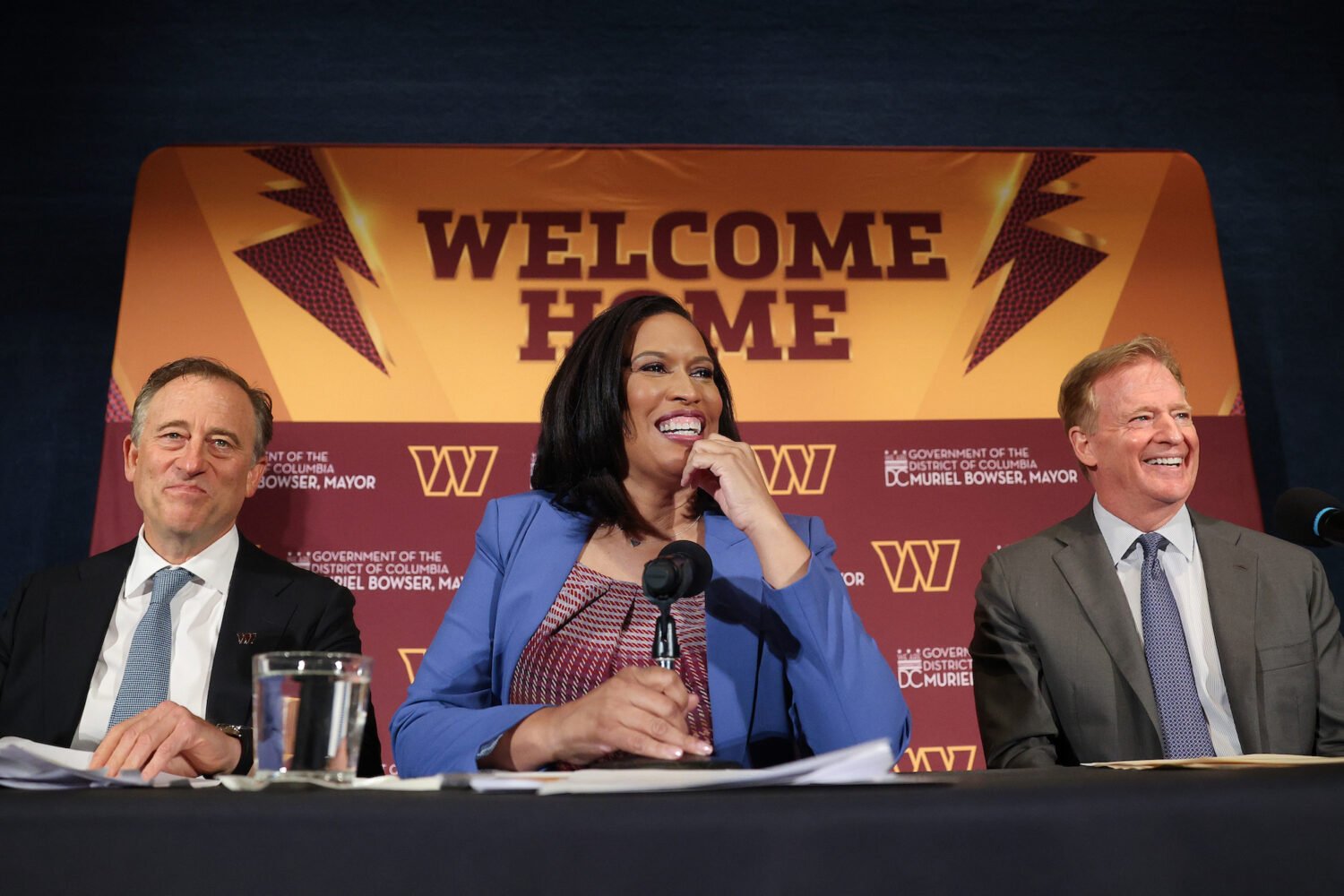If DC becomes America’s 51st state, who should its senators be? Chances are, any list of possible candidates would break down along all-too-familiar lines in a city long torn between its hometown and company-town identities: On the one hand, people who’ve paid their dues in local politics. On the other, DC residents with a national footprint. It’s easy to imagine these two camps trading barbs—“lightweight!,” “carpetbagger!”—even if they agree on most actual issues.
On the local side, a list of plausible senators would include Muriel Bowser, who’d earn a title promotion from mayor to governor if statehood happened but who might still want to play on a bigger stage. Likewise, DC attorney general Karl Racine has national ambitions, having sparred with Donald Trump and been talked about as a potential US attorney general if Kamala Harris had become President. And former DC mayor Tony Williams, often credited with the city’s financial turnaround, would be the sort of local veteran already known for the gravitas that helps senatorial wannabes raise money.
On the national side, there’s a decent list of federal-city denizens whose connections to Washington are deeper than simply living here. Former national-security adviser Susan Rice grew up in the District, wrote a pro-statehood New York Times op-ed, and clearly has an appetite for elected office: She was vetted as a running mate for Joe Biden and pondered a Senate run in Maine, where she has family ties. Former US attorney general Eric Holder didn’t grow up here but has a CV that actually spans local and national: A former DC Superior Court judge, he later was US attorney for DC, a job that under the current home-rule system involves prosecuting local crimes as well as traditional federal ones.
Further out in the realm of fantasy politics, it might be worth noting that Michelle Obama defied a century of precedent and remained in Washington after leaving the White House—meaning she’s already less of a carpetbagger than the last First Lady who ran for the Senate.
Of course, none of these people have publicly expressed any interest in serving as a senator from DC. And the opportunities for them—or anyone else—will depend on a bunch of voters who don’t live in the District. With control of the Senate up for grabs, voters in the 50 states that currently have senators would have to ensure a sizable Democratic majority if the upper chamber is ever to join the House of Representatives in choosing to make DC a state.
This article appears in the October 2020 issue of Washingtonian.

